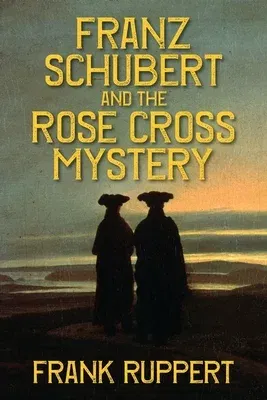Franz Schubert and the Rose Cross Mystery introduces the reader to the
incredibly rich symbiosis of Jewish cabalism and German genius that
flourished in Germany and Austria at the beginning of the nineteenth
century. In the music of Franz Schubert, heaven and earth intertwine in
a blend of Catholic and Judaic mysticism. The romance is expressed in
some of the most sublime art our civilization has produced. The pathway
leading to an experience of this art is poetry.
Franz Schubert was called by Franz Liszt "the most poetic of all
composers." Poems inspired Schubert's operas and Lieder. Poems also
inspired his instrumental masterworks. It is this poetry that gives us
sure insight into the mystical depths of his art.
The poetically inspired works of Schubert tell the mythical tale of a
wanderer experiencing life as a great romance, a romance between heaven
and earth, a romance between earthly opposites. His instrumental works
in particular reveal an artist caught up in the deadly torture and
earth-transcending ecstasy of that romance. His artistic commitment
seems to have been to the celebration in profound sensitivity and utter
honesty of his life-transcending adventure. These celebrations reach
their apex in the last eighteen months of his life, months some call the
most important in the history of music. For those intrigued by this
romance, there can be no better introduction then Rupperts's thoughts on
Schubert.


